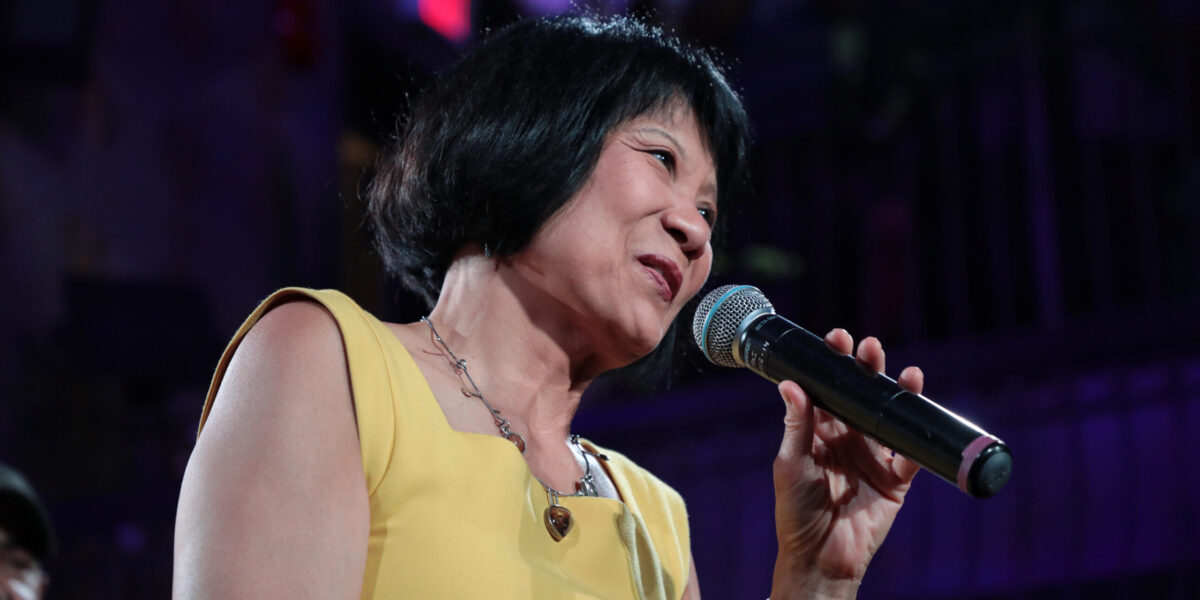Being inside Olivia Chow’s campaign headquarters at the Great Hall on Queen St. W. in Toronto on the night of her election as mayor was a roller coaster of anticipation, anxiety, and joy.
A roller coaster is also perhaps how best to define the past year in Toronto municipal politics. No one would have predicted after October’s municipal election that Mayor John Tory, who had around 250,000 more votes than his nearest competitor, would soon be resigning in disgrace after admitting to an affair with a former staffer.
Tory’s announcement of his resignation in February went off like a starting gun. Suddenly the future of Toronto’s political landscape was wide open and soon 102 people would step up with their own visions to fill that space.
None of those other 101 people were able to create the same excitement and rally the same amount of support as Olivia Chow.
The former Toronto City Councillor and MP quickly took a commanding lead in the polls, a lead that held unchallenged until the final week of the race when former Toronto Deputy Mayor Ana Bailão secured an eleventh hour endorsement from the disgraced Tory and the city’s newspaper of record, The Toronto Star.
A close race
People that had helped Chow get to this moment waited anxiously for the results to come in. In attendance were campaign volunteers, union leaders, as well as current and former progressive politicians from across the province.
“One thing is to change the mentality of Torontonians,” said Gil Penalosa, who withdrew from his bid to replace Tory to give his support to Chow. “Too many people are hopeless. Too many people think we cannot do anything. So I think if she can switch the mindset of Torontonians from hopeless to hopeful that would be amazing.”
Penalosa came in second in the 2022 municipal election behind Tory.
As the clock turned to 8 p.m. and the first polls closed, the level of tension in the room rose. The early results showed that Bailão was in the lead by 20,000 votes over Chow. Many in the crowd were in disbelief, quickly refreshing the Toronto Elections website on their phones over and over with the hope that the tide would soon turn; and turn it did.
Within a half hour Chow closed the gap and then took the lead, securing her place as the first woman of colour to be elected Mayor of Toronto. When the last votes were counted, Chow had a nearly 34,000 vote lead.
Chow: This is an opportunity for a better city
By the time Chow took to the stage the Great Hall was jam packed with scarcely room to move. People were hugging and cheering. The noise was deafening.
“Thank you to the people of Toronto for the trust you’ve put in me and the mandate for change as your new mayor,” Chow said.
Chow outlined some of her priorities as mayor including focusing on building more affordable housing, making the Toronto Transit Commission (TTC) safer, and keeping Ontario Place public for all.
LISTEN: Olivia Chow wants to create a ‘caring’ Toronto
Ontario Place, a public park, was a focus during the campaign as developers have eyed the space for redevelopment, including adding a privately-owned spa. These plans have been championed by the Progressive Conservative government of Ontario Premier Doug Ford.
Chow said that she spoke both with Ford and Municipal Affairs Minister Steve Clark after her election as Mayor was confirmed. She said that both told her they looked forward to working with her.
“Well, Mr. Premier, we’re ready. Let’s work together to get things done,” said Chow.
It is worth noting that Bailão was not the only mayoral candidate to receive a last minute endorsement. Former Toronto police chief Mark Saunders was endorsed by Ford. Ford’s endorsement did not do much, it seems, to help Saunders chances as he finished a distant third with 8.58 per cent of the vote.
Chow concluded her speech by encouraging everyone to hold on to the optimism of the moment.
“Join me, with each other, for each other, because I need you to keep speaking out with your ideas, keep helping out, keep caring for each other, because what we’ve won today, is an opportunity. A starting point towards a more affordable, safe, and caring city,” Chow concluded.



